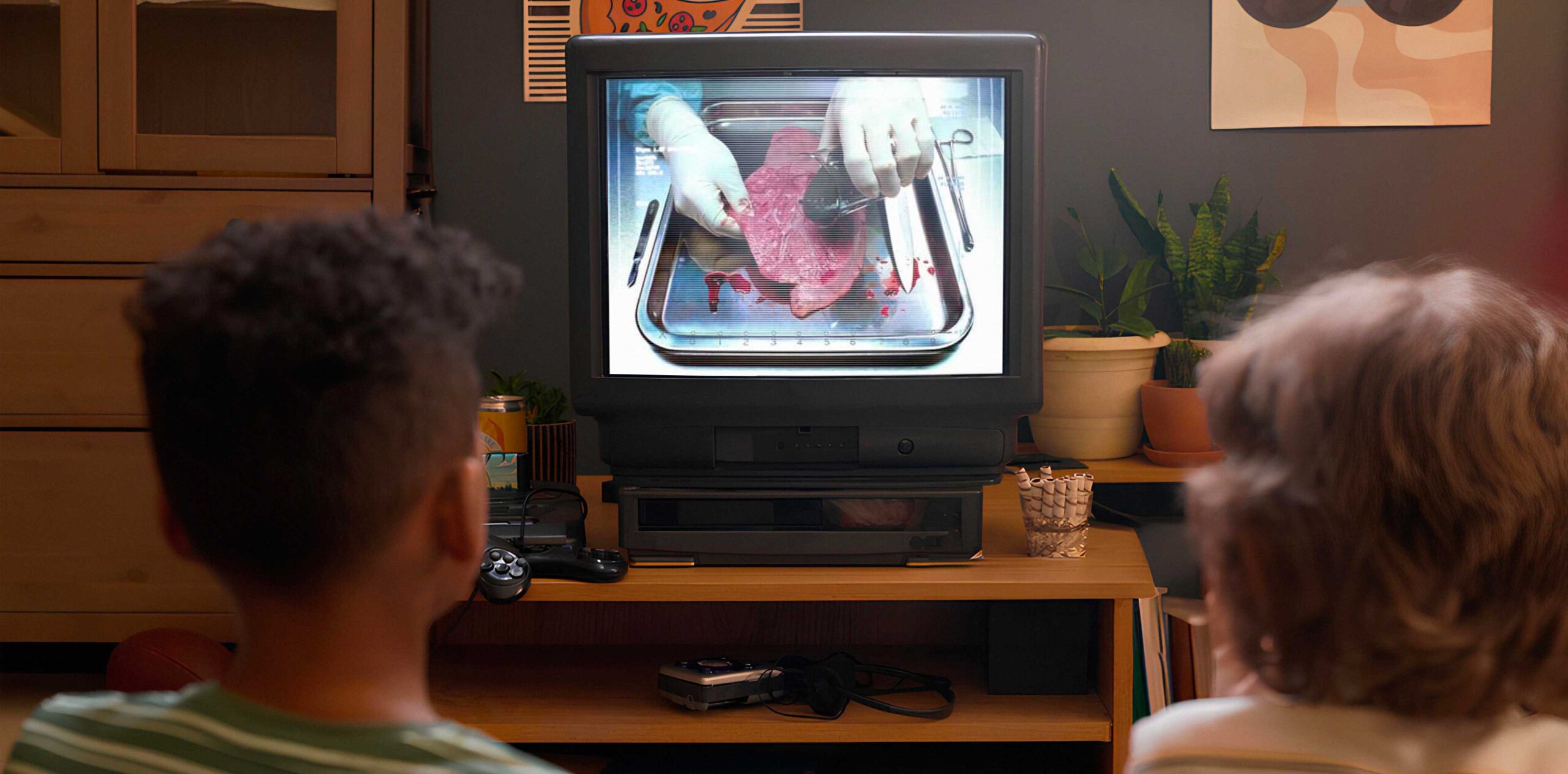Deciding to see a mental health professional is, in itself, a difficult and courageous decision to make. The first step to getting better is acknowledging that you need to get better, and the next step is seeking help. So, if you’re here because you have decided to see a professional, give yourself a pat on the back! You’ve already made progress.
As exciting as it can be to start seeing a mental health professional, it can also be nerve-wracking, overwhelming, and a little scary, particularly if you’ve never seen a professional before. You’re probably feeling a mixture of relief, motivation, anxiety and maybe even a slight sense of dread. It helps to know what to expect.
Don’t be distressed. This article will talk you through what will happen before, during, and after your first mental health appointment, what might happen in subsequent appointments, as well as what you can do to get the most out of your visits.
Before Your Appointment
First, you need to determine within yourself why you are seeking professional help. Did something specific happen, like death or addiction, that may benefit from seeing someone who specialises in a certain type of therapy or counselling? Are you diagnosed or seeking diagnosis for a specific mental health condition? Do you just want to vent to someone and be heard? No matter your reasons for seeking help, know that your mental health concerns are valid and worthy of help.
Choose a professional that meets all your needs. Don’t worry, if you really don’t enjoy your sessions or have a problem with the person you’ve chosen, you can switch to another person or practice.
Before your first session, make a list- or a mental list, if you prefer- of why you’re seeking help and what you hope to achieve. Any troubling thoughts or feelings, anything contributing to poor mental health, any motivations for healing yourself, relevant past experiences, and anything else that may be helpful for you and the professional to know. These don’t all have to be shared with the other person, especially in the first appointment. You may just practice describing what is going on to another person. You’re so familiar with whatever is going on in your own head or your own life, and for the other person to understand and help, you have to share it with them. You don’t have to bring up complicated things immediately if you don’t feel ready.

Your First Appointment
The big day is here. You don’t have to be professional- dress for your own comfort. Before your appointment you may find yourself in a waiting room not unlike other medical waiting rooms, and after checking in with the receptionist, you’ll meet the professional you’ll be working with. If this is too much, you can always ask to do your session virtually. Tip: show up to your first appointment a little early in case you need to fill in paperwork or questionnaires, or have trouble finding the right place.
Either way, your first appointment will be about you and the other person becoming acquainted. They may ask about your family, your living situation, your hobbies, your job, or other things about your life. They may write things down and take notes. This is normal! It is also normal for them to ask if you are currently or have ever experienced suicidal thoughts or idealisations.
Remember that everything you discuss in that room stays in that room. Unless you or someone else is physically in danger, the mental health professional is not allowed to share information with anyone else. If this is something you are anxious about, feel free to ask about confidentiality and under what circumstances they would be allowed to break confidentiality.
Don’t worry about awkward silences or saying the wrong thing. There is no wrong thing to say. The professional will guide the conversation and you won’t have to worry about keeping the conversation going yourself. They are trained to read body language and nonverbal cues, so if something is making you uncomfortable or upset, they may change the subject.
Remember That Nothing Is A Quick Fix
One appointment won’t change everything, and even ten or twenty or fifty appointments may not fix everything. Seeking professional help is a big step, but healing is not linear, and mental health sessions won’t always work unless you’re ready for them to work.
You may not feel totally comfortable with the other person immediately, or may not feel ready to open up about certain things. Once you feel comfortable and ready to mention the difficult stuff, you can start to work on them and make progress. For the first few weeks, months, or even years of seeing a mental health professional, you may be treading water, focusing on the less complex issues, not yet ready to bring up the hard ones. This is ok and perfectly normal.
Healing isn’t quick, and it isn’t always easy either. You may learn things about yourself that you were more comfortable ignoring. Seeking help can involve setting boundaries or even cutting off toxic people in your life, although this doesn’t apply to everyone. It may involve unearthing deep emotions, voicing fears, remembering traumatising events from your past, and some serious self-reflection.
You may feel worse before you start to feel better. Many people rely on unhealthy coping mechanisms, denial, or disassociation to cope with their troubles. This is normal. But getting help is about breaking down walls and getting to the root of the problem rather than pretending it doesn’t exist or coping with it in unhealthy ways. Weaning yourself off these habits can be difficult. The important thing is to keep going. Yes, it’s easier to pull the sheet over your head and block out the bad stuff. Or to distract yourself with unhealthy habits. Or bottle up your emotions and pretend they don’t exist. But in the long run, these coping mechanisms will only make things worse. If you’re really dreading appointments or feel that things are going too fast, discuss this with a mental health professional. It’s fine to slow down the pace! Slow progress is still progress. Even standing still is better than walking backwards.

Do your homework
This isn’t as boring as it sounds. Healing doesn’t just happen at appointments, although you can certainly push things aside until your sessions if you wish. There are things you can do at home, such as take notes from your appointments, keep a journal, practise setting boundaries, do research on things like depression, anxiety, trauma, or OCD, practise self-care, heal your inner child, or express emotions in healthy ways discussed in your appointments.
Even simple things like having a feelings wheel that you look at whenever you feel overwhelmed, or opening up to a family member or friend about your sessions, can make small but significant changes to your life.
In a way, that is what seeking professional help is about- the path to healing is paved with small, seemingly insignificant changes, one at a time.








